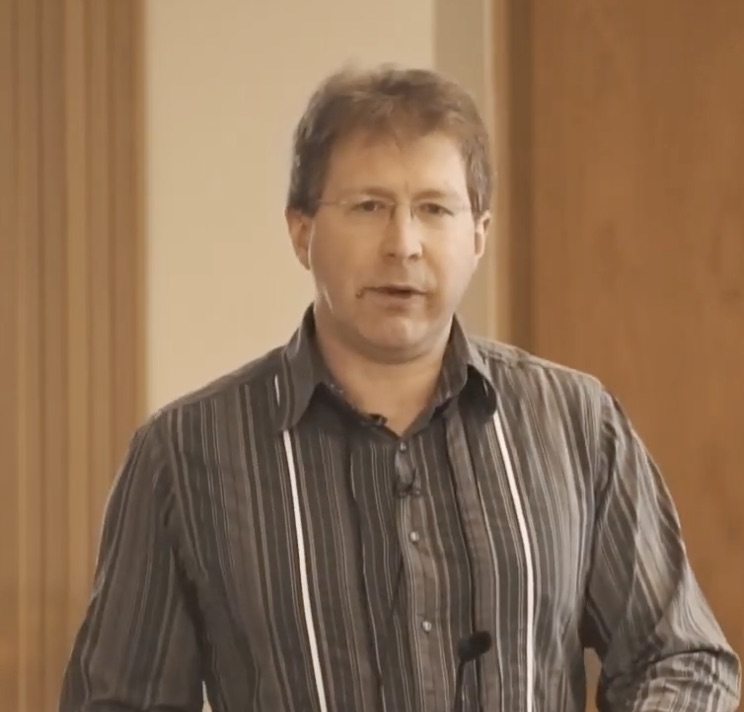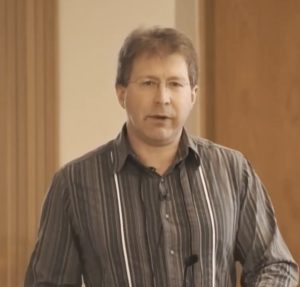In this video from HiPEAC CSW Edinburgh, Amos Storkey from the University of Edinburgh explores the demands of getting deep learning software to work on embedded devices, with challenges including real-time requirements, memory availabilit and the energy budget. He discusses work undertaken within the context of the European Union-funded Bonseyes project.
Bonseyes is an open and expandable AI platform. It will transform AI development from a cloud centric model, dominated by large internet companies, to an edge device centric model through a marketplace and an open AI platform. In contrast to existing solutions that require a high level of expertise, time, and cost to add AI to embedded products, Bonseyes provides access to advanced tools and services that can be obtained through a marketplace and eco-system of collaborative leading academic and industrial partners. This will allow for a major reduction in cost and time to enable products with cognitive and AI capabilities at an European and global level. Bonseyes will enable Europe to become a leading global player in the coming “AI-as-a-Service” economy.
Amos James Storkey is Professor of Machine Learning and Artificial Intelligence at the School of Informatics, University of Edinburgh, and a founding member of the European Laboratory for Learning and Intelligent Systems. He studied mathematics at Trinity College, Cambridge and did doctoral work at Imperial College, London. In 1997 during his PhD, he worked on the Hopfield Network a form of recurrent artificial neural network popularized by John Hopfield in 1982. Hopfield nets serve as content-addressable (“associative”) memory systems with binary threshold nodes and Storkey developed what became known as the “Storkey Learning Rule”. Subsequently he has worked on approximate Bayesian methods, machine learning in astronomy[6], graphical models, inference and sampling, and neural networks. Storkey joined the School of Informatics at the University of Edinburgh in 1999, was Microsoft Resarch Fellow from 2003-4, appointed as Reader in 2012, and to a personal Chair in 2018. He is currently a Member of Institute for Adaptive and Neural Computation, Director of CDT in Data Science [2014-22] leading the Bayeswatch Machine Learning Group.





